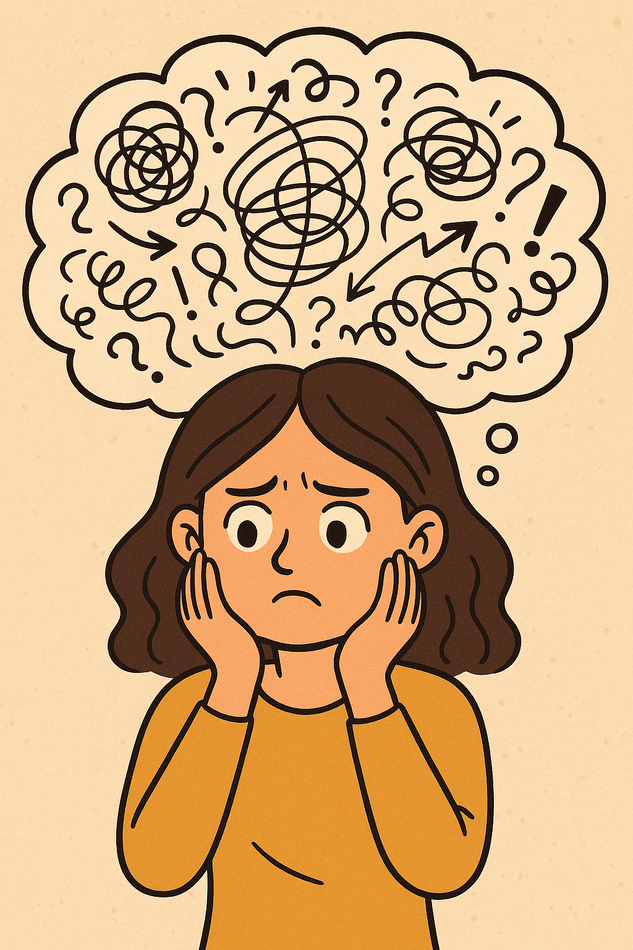How Therapy Can Help You Manage Anxiety: A Guide for Beginners
Anxiety is one of the most common mental health challenges, affecting millions of people worldwide. While occasional worry is normal, persistent anxiety can interfere with daily life—making it hard to focus, sleep, or enjoy relationships. Therapy is a proven way to manage anxiety effectively. Whether you're considering therapy for the first time or exploring new strategies, this guide will explain how therapy works, different approaches, and what to expect.
Understanding Anxiety: It is more than just stress. Anxiety isn’t just "overthinking." It can show up as:
Physical symptoms: Rapid heartbeat, sweating, stomach issues
Emotional signs: Irritability, dread, or constant worry
Behavioral changes: Avoidance of triggers, procrastination, or restlessness
If these symptoms feel overwhelming, therapy can help you uncover the root causes and develop coping skills. Also these are not the only symptoms that show up, but they are some of the most common ones.
2. How Therapy Helps with Anxiety
Therapists use evidence-based approaches to help you:
A. Identify Triggers & Patterns
Recognize what fuels your anxiety (work, relationships, past trauma).
Track thoughts and behaviors to spot unhelpful cycles.
B. Learn Coping Strategies
Cognitive Behavioral Therapy (CBT): Challenges negative thought patterns.
Mindfulness & Relaxation: Breathing exercises, grounding techniques.
Exposure Therapy: Gradually face fears in a safe way.
C. Build Emotional Resilience
Improve self-compassion and emotional regulation.
Strengthen problem-solving skills for long-term change.
3. Common Types of Therapy for Anxiety
Different approaches work for different people:
Cognitive Behavioral Therapy (CBT) - Focuses on changing thought patterns linked to anxiety.
Acceptance & Commitment Therapy (ACT)- Teaches mindfulness and value-driven actions.
Psychodynamic Therapy - Explores past experiences influencing current anxiety.
Somatic Therapy- Addresses anxiety stored in the body (e.g., trauma responses).
A therapist can help you decide which method fits best.
4. What to Expect in Your First Session
Starting therapy can feel intimidating, but knowing what to expect helps:
Assessment: Your therapist will ask about your history and goals.
Collaborative Plan: You’ll work together on a treatment approach.
No Pressure: You set the pace—sharing only what feels comfortable.
Therapy is a *judgment-free zone*—your therapist is there to support, not judge.
5. Self-Help Tips to Complement Therapy
While therapy is powerful, these habits can also reduce anxiety:
Prioritize sleep & movement (even light exercise helps).
Practice grounding techniques (e.g., the 5-4-3-2-1 method).
Journaling: to process emotions between sessions.
Lastly, you don’t have to face anxiety alone!
Anxiety can feel isolating, but therapy provides tools, insight, and support to help you regain control. If you’re ready to explore how therapy can work for you, I invite you to contact me for more information. You deserve to feel better—and help is available.
